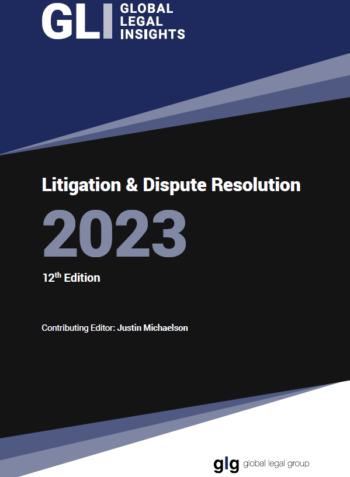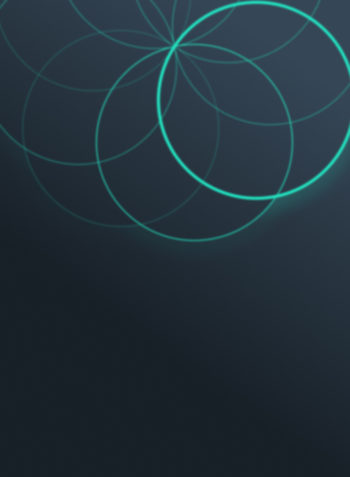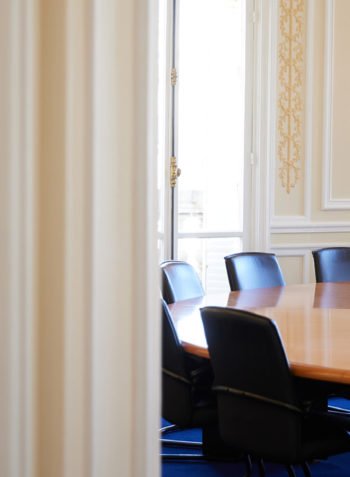
Litigation & Dispute Resolution Laws and Regulations 2023 | France
The French judicial system helps to solve dispute resolution efficiently.
First and foremost, French procedural rules are pragmatic. For instance, no appeal may be lodged when the civil issue at stake is lower than EUR 5,000.
Then, French procedural rules allow for specific legal issues to be dealt with by professionals in the sector to which they relate. Three examples can be given on that matter. First, business-related disputes are heard in the first instance before the Tribunaux de Commerce (Commercial Courts) composed by elected businessmen acting as judges in commercial matters. Second, certain types of litigation, such as liability claims for abrupt termination of long-lasting commercial relationships, are reserved to specific Tribunaux de Commerce in the first instance and the Paris Court in appeal. Third and last, specialised chambers among the Paris Tribunal de Commerce and Paris Court of Appeal were recently implemented to hear international business law disputes. Such chambers follow specific rules that notably enable the use of English in court debates as well as in written submissions.
The above allows for technical and business-oriented issues to be efficiently heard by French specialised judges.
It is also to be noted that the French Civil Code, referential of French private substantive law, also allows for efficient proceedings thanks to the predictability of its rules of law.
The efficiency of French justice is also illustrated by the encouraged use of alternative dispute resolution (ADR) methods (e.g. mediation, conciliation, etc.) as well as summary proceedings measures. The latter are different to summary judgment procedures found in the U.S. System, as their aim is not to render a final decision but an interim order, such as a provision, for the benefit of the claimant when certain circumstances are met.
In addition, the French justice system is also in tune with the times. It has taken account of the digital transition by using new technologies, as illustrated by the Virtual Private Network for Lawyers (RPVA), which enables lawyers to send their written submissions and documents to the other party and to judges in a dematerialised way.
Finally, a recent reform of the French justice system shows a real desire to make case law accessible to all. As of now, all civil decisions rendered by the French Cour de cassation (sitting at the top of the French Court hierarchy) and Courts of Appeal are freely accessible online and by the end of 2023, all civil decisions handed by lower courts shall also be accessible in a dematerialised way.





